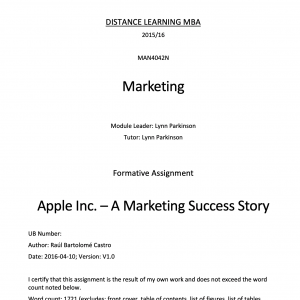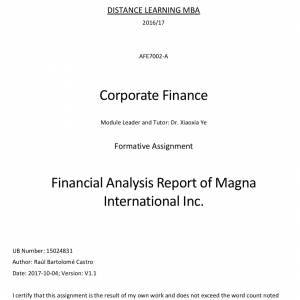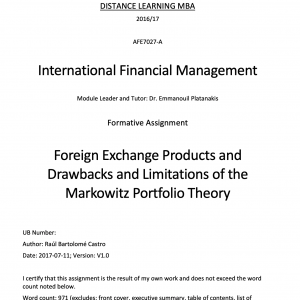In this essay we will explore chronologically some motivation theories. During the discussion we will critically analyse their impact to Engineering Services Providers (EPS) companies based on the experience of the essay’s author. The analysis may be useful for job design, reward systems and Human Resources (HR) policies.
Motivation drives the actions, behaviour and needs of the individual (Mollit, 2016, p. 30), (Oxford Dictionary of English, 2012). We will pay special attention to motivation in the working environment.
Theories are abstract representations and generalisations of observable experiences (Miner, 2005, p. 7). In occasions the authors stress the theory with the ambition to cover any motivational aspect, however in social sciences nothing is black or white but a grey-scale, thus we will highlight some weakness during our critical analysis. Theories of motivation grouped in:
- Content theories – what motives: based on innate needs and the individual drives to fulfil the needs. They assume that all individuals have similar motives.
- Process theories – how motivation takes place: focused in how we make decision with respect our targets. They are not universalist theories; cultures and individual traces bias the decision process.
Previous grouping is an standard academic classification (Huczynski & Buchanan, 2013), (Mollit, 2016).
The download includes the complete assignment in pdf.
€1,99




Reviews
There are no reviews yet.